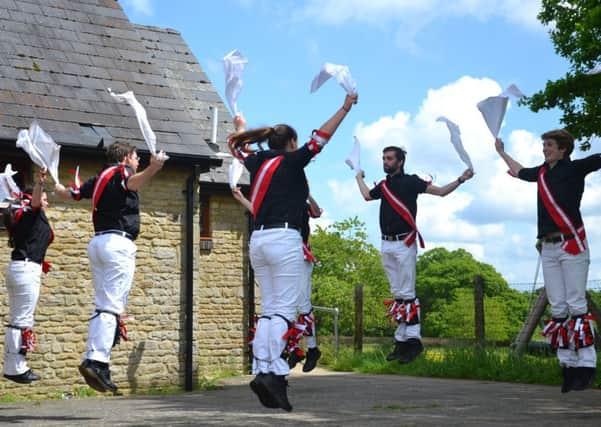Sheffield morris dancers to visit the Somme to remember First World War dead


Members of the Fool’s Gambit morris team will fly out tomorrow for a project they have called Banks of Green Willow.
While in France the group will perform at several memorials as a tribute to the four members of morris expert Cecil Sharp’s demonstration team who died within weeks of each other in the Battle of the Somme in 1916.
Advertisement
Hide AdAdvertisement
Hide AdEdd Bennett, one of the Sheffield members of Fool’s Gambit, said it was important to try to make remembrance events relatable and different.
“It will be new to a lot of people. It’s another story to tell,” he added.
The visit will mark a significant change in morris and folk dancing.
Edd said: “The vast majority of dancers in the country were at perfect enlistment age so they were absolutely wiped out by the First World War.”
Advertisement
Hide AdAdvertisement
Hide AdThe name of the Banks of Green Willow project comes from a George Butterworth’s composition, which Edd said was ‘one of the most quintessentially British pieces of orchestral music’.
Businessman Lee Hallam, who runs Sheffield telecoms firm Linbrooke, helped fund the trip.
He said: “As a project designed to commemorate the centenary of the Battle of the Somme and to celebrate the memory of the members of Cecil Sharp’s demonstration team who were killed on the field, I am honoured to provide sponsorship for the Fool’s Gambit’s involvement in the Banks of Green Willow.
“As a former Royal Marine myself, enabling others to proactively remember those individuals who have shaped our future in any capacity is a true privilege. Daisy Caroline Daking and members of the English Folk Dance Society who dedicated themselves to the rehabilitation of injured service personnel in the First World War are genuine heroes, and I am proud to see that their legacy lives on.”